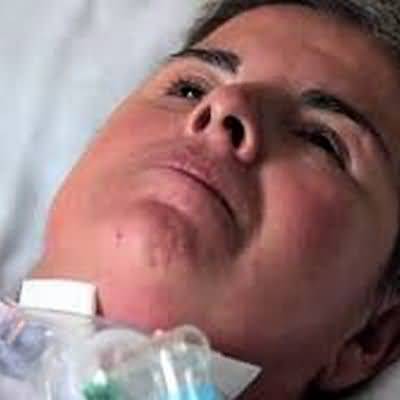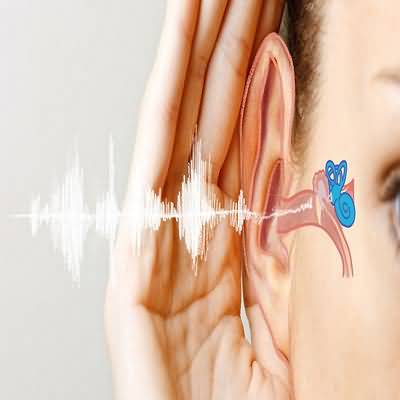earache
earache
Earache can be caused by a variety of otologic problems, but external otitis and acute otitis media are the most common
Differentiation of the two should be apparent by pneumatic otoscopy
Pain out of proportion to the physical findings may be due to herpes zoster oticus, especially when vesicles appear in the ear canal or concha
Persistent pain and discharge from the ear suggest osteomyelitis of the skull base or cancer, and patients with these complaints should be referred for specialty evaluation
Nonotologic causes of otalgia are numerous
The sensory innervation of the ear is derived from the trigeminal, facial, glossopharyngeal, vagal, and upper cervical nerves
Because of this rich innervation, referred otalgia is quite frequent
Temporomandibular joint dysfunction is a common cause of referred ear pain
Pain is exacerbated by chewing or psychogenic grinding of the teeth (bruxism) and may be associated with dental malocclusion
Repeated episodes of severe lancinating otalgia may occur in glossopharyngeal neuralgia
Infections and neoplasia that involve the oropharynx, hypopharynx, and larynx frequently cause otalgia
Persistent earache demands specialty referral to exclude cancer of the upper aerodigestive tract


















